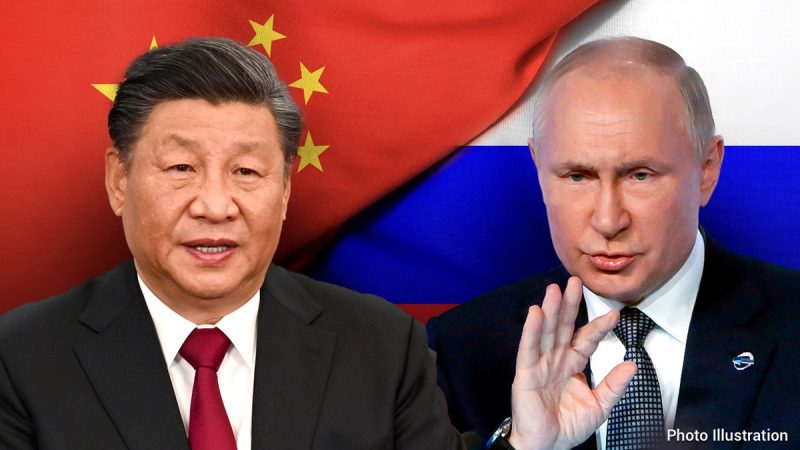In the fast-paced world of geopolitics, allegations of foreign interference in domestic affairs have become an increasingly common occurrence. Most recently, US intelligence officials have pointed the finger at Russia, suggesting that the country may be interfering in the upcoming 2024 election to aid former President Donald Trump. This claim has once again reignited concerns about the integrity of the American democratic process and raised questions about the extent to which external actors can influence the outcome of a nation’s most sacred democratic exercise.
The allegations of Russian interference in the 2024 election underscore a troubling trend that has persisted since the 2016 presidential race, when Russia was accused of meddling to sway the outcome in favor of Trump. The revelations of that tumultuous election cycle prompted widespread scrutiny of the mechanisms and strategies employed by foreign entities to undermine the electoral process and sow discord within American society. In the years that followed, various investigations and reports sought to shed light on the extent of foreign interference and its potential impact on the democratic principles that underpin the nation.
US intelligence officials have not provided specific details about how Russia may be seeking to interfere in the 2024 election, but they have indicated that the efforts are aimed at bolstering Trump’s chances of winning a second term. This development has sparked a mix of reactions, with some expressing outrage at what they perceive as an attack on the integrity of the electoral process, while others have dismissed the accusations as politically motivated attempts to tarnish Trump’s reputation.
Regardless of the veracity of the claims, the specter of foreign interference continues to cast a long shadow over American politics, raising concerns about the vulnerability of the electoral system to external manipulation. The emergence of digital platforms and social media as potent tools for spreading misinformation and disinformation has only compounded these fears, as foreign actors can exploit these channels to amplify their reach and influence public opinion.
In response to the threat of foreign interference, lawmakers and policymakers have taken various steps to safeguard the electoral process and protect it from external meddling. Legislative efforts to enhance cybersecurity measures, increase transparency in political advertising, and strengthen partnerships with social media companies have all been touted as essential components of a robust defense against foreign interference.
As the allegations of Russian interference in the 2024 election continue to reverberate across the political landscape, it is clear that the specter of external manipulation remains a persistent and pervasive challenge. To safeguard the integrity of the democratic process, it is imperative that stakeholders at all levels of government and society remain vigilant and proactive in countering the threat of foreign interference. Only by working together to shore up the defenses of the electoral system can the nation hope to preserve the sanctity of its democratic institutions and ensure that the will of the people is not undermined by external actors with ulterior motives.

